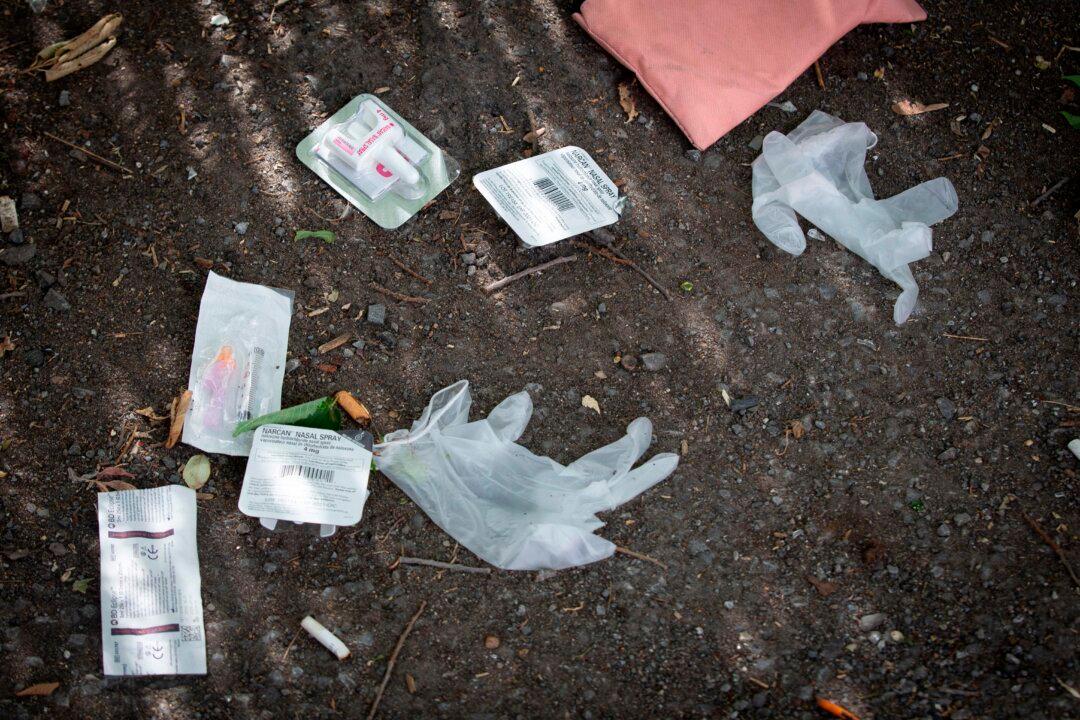A New Democrat MP said May 9 that people don’t want to visit his hometown’s central district due to opioid use and homelessness, according to a story in Blacklock’s Reporter.
“When I was little in Timmins, my Irish grannie used to call my Scottish grannie and we’d go uptown and all the old mining widows would sit at the Woolworth’s and the kids would go window shop,” said Timmins MP Charlie Angus. “Nobody wants to go into the downtown anymore because we are hit with the triple crises of mental health, opioid addiction, and homelessness.”





